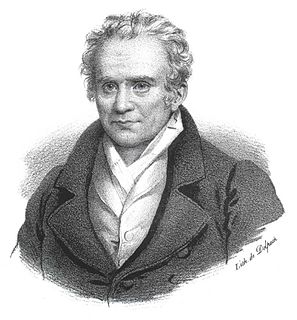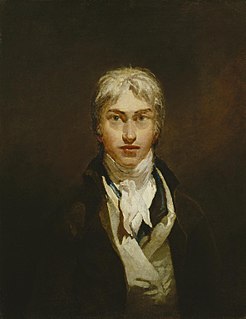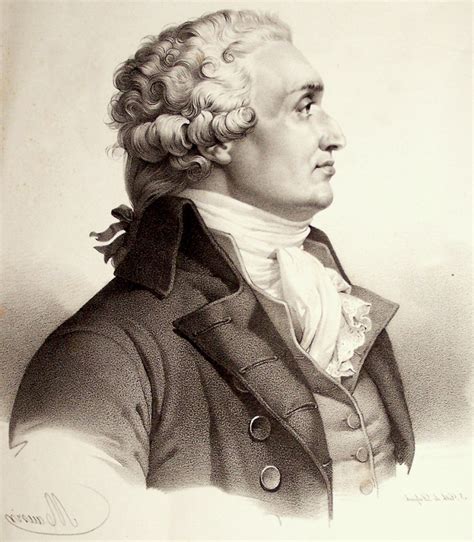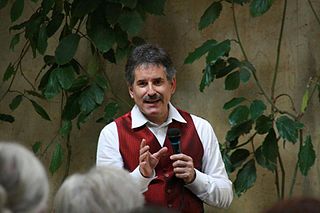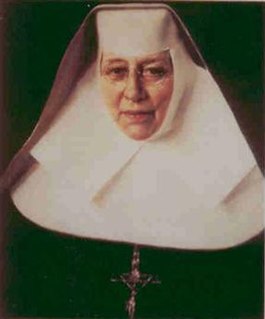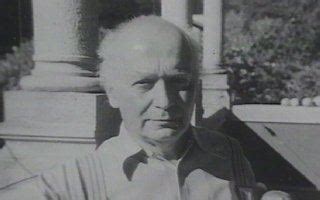A Quote by Charles Darwin
From the war of nature, from famine and death, the most exalted object which we are capable of conceiving, namely, the production of higher animals, directly follows.
Related Quotes
Descriptive geometry has two objects: the first is to establish methods to represent on drawing paper which has only two dimensions,-namely, length and width,-all solids of nature which have three dimensions,-length, width, and depth,-provided, however, that these solids are capable of rigorous definition.
The second object is to furnish means to recognize accordingly an exact description of the forms of solids and to derive thereby all truths which result from their forms and their respective positions.
The virtue of a faculty is related to the special function which that faculty performs. Now there are three elements in the soul which control action and the attainment of truth: namely, Sensation, Intellect, and Desire. Of these, Sensation never originates action, as is shown by the fact that animals have sensation but are not capable of action.
The penalty of death is the only one that makes an injustice absolutely irreparable; from which it follows that the existence of the death penalty implies that one is exposed to committing an irreparable injustice; from which it follows that it is unjust to establish it. This reasoning appears to us to have the force of a demonstration.
Christ wishes the Christian Community to be a body that is perfect because we work together towards a single end, and the higher the motive which actuates this collaboration the higher, no doubt, will be the union. Now the end in question is supremely exalted: the continuous sanctification of the Body for the glory of God and the Lamb that was slain [Jesus in the Most Blessed Sacrament].
Many things that human words have upset are set at rest again by the
silence of animals. Animals move through the world like a caravan of
silence. A whole world, that of nature and that of animals, is filled
with silence. Nature and animals seem like protuberances of silence.
The silence of animals and the silence of nature would not be so great
and noble if it were merely a failure of language to materialize.
Silence has been entrusted to the animals and to nature as something
created for its own sake.





